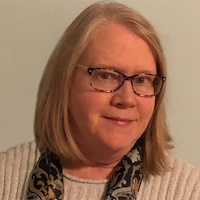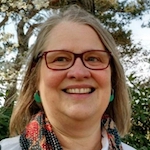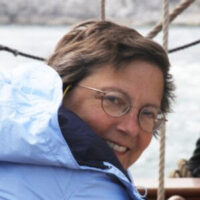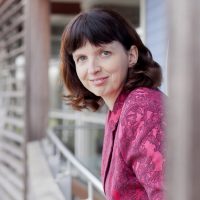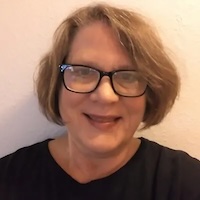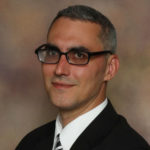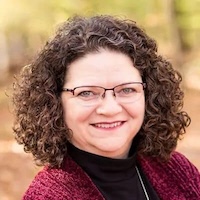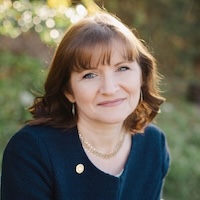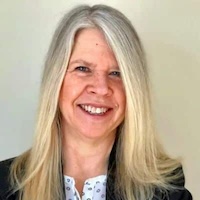March 18, 2025 — The Influence of Free and Cheap Land on Migration
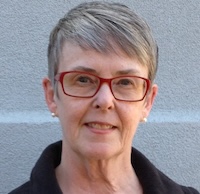 Register Now
Register Now
18 March 2025
8:00 pm – 9:30 pm (Eastern)
From the beginnings of North American settlement, free and inexpensive land has been a spur to migration. Land grants, military bounty land, affordable public domain land, homesteads, and railroad lands have all lured our ancestors to new areas. Learn how our ancestors obtained land and how to find records that will help you track their movements.
Read about presenter Annette Lyttle, CG
Annette Burke Lyttle, CG® owns Heritage Detective, LLC, providing professional genealogical services in research, education, and writing. She speaks on a variety of genealogical topics at the international, national, state, and local levels and loves helping people uncover and share their family stories. Annette is a course coordinator for the Salt Lake Institute of Genealogy and the British Institute. She is a published writer whose research interests include Quaker ancestors and ancestral migrations in the US. She is past president of the Association of Professional Genealogists and editor of The Florida Genealogist.


